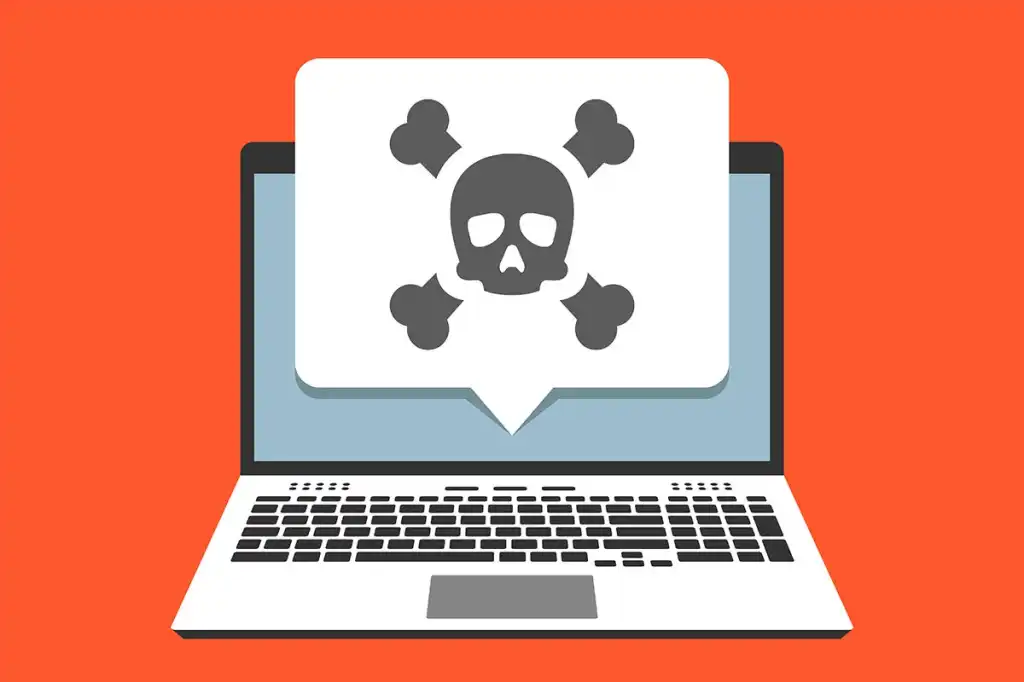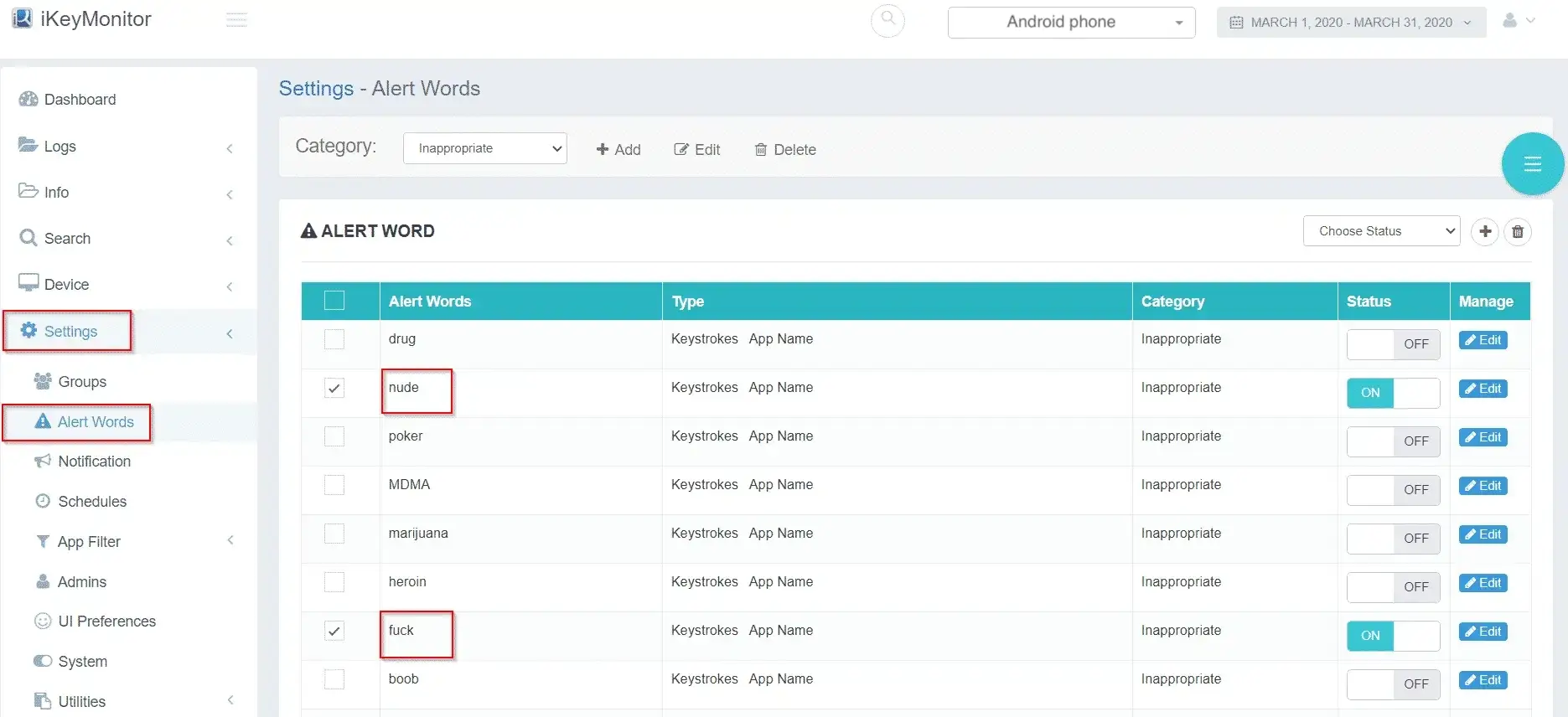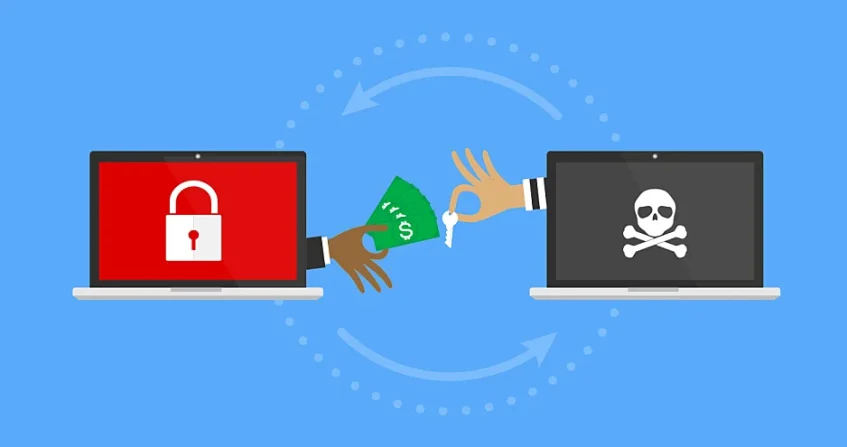How to Protect Your Kids From Malware or Ransomware? 2026
The internet can be a daunting and unpredictable place for children, filled with hidden risks. While kids often view the digital world as an exciting realm of endless possibilities, they remain unaware of the dangers lurking, such as malware and ransomware. As a parent, it’s essential to take proactive steps to protect your children from malware or ransomware.
What is Malware or Ransomware?

The internet offers a world of opportunities, but it also comes with its share of risks. Malware and Ransomware are two of the most common and dangerous threats that can harm your devices and steal your personal information. Here’s a look at what they are and how they can affect you.
Malware
Malware, short for “malicious software,” refers to any software specifically designed to damage or disrupt devices, networks, or systems. It can take many forms, from viruses to spyware, and often goes unnoticed while quietly damaging your system or stealing your data.
- Trojan Horse: Pretends to be legitimate software but secretly causes harm, like Emotet, which steals banking credentials.
- Spyware: Secretly monitors and collects personal information without consent, like CoolWebSearch, which tracked users’ web activity.
- Worms: Self-replicating malware that spreads across networks, such as the Blaster Worm, which caused widespread disruptions on Windows PCs.
Ransomware
Ransomware is a particularly nasty type of malware that locks your files or entire device, demanding a ransom to unlock them. It’s designed to force victims into paying cybercriminals for their own data.
- WannaCry: Spread globally in 2017, encrypting files and demanding Bitcoin payment to unlock them.
- Petya/NotPetya: A ransomware that also infected the master boot record, making the system unbootable until the ransom was paid.
- CryptoLocker: Encrypted files and demanded a ransom, commonly spread through email attachments.
Why You Should Protect Your Kids From Malware or Ransomware
The internet is a treasure trove of information and entertainment, but it also presents significant risks, especially to children. Protecting your kids from malware and ransomware is essential for several reasons:
Guarding Personal Information
Kids often don’t realize that cybercriminals are constantly looking for ways to steal personal data, such as passwords, credit card details, and social security numbers. Malware and ransomware can steal or lock these sensitive details, putting your child and your family at risk.
In a 2022 study by McAfee, it was found that 1 in 5 children have accidentally shared personal information online, often through social media or gaming apps. This can result in identity theft or unwanted contact, making it critical to educate children about online privacy.
Protecting From Identity Theft
Malware is commonly used to capture login credentials, credit card numbers, and personal data which can lead to identity theft. If your child’s personal information is compromised, it can lead to long-term consequences, including financial loss and damage to their reputation.
The Javelin Strategy & Research report from 2022 indicates that 1 in 50 children fall victim to identity theft each year. Cybercriminals often use stolen details to open credit accounts or commit fraud, causing long-term damage to a child’s financial future.
Avoiding Emotional and Psychological Impact
When children fall victim to cyber-attacks, the emotional impact can be severe. They may feel guilty, scared, or stressed about what happened. Additionally, ransomware attacks could potentially lock personal memories (like photos or videos), which can be deeply upsetting.
Safeguarding Against Cyber Predators
Malware is often used by cybercriminals to track online behavior, including kids’ conversations or browsing habits. This can expose them to unwanted attention from predators, increasing the risk of online grooming and other dangerous situations.
According to a 2022 report from the Cyberbullying Research Center, approximately 37% of students aged 12-17 have been bullied online. The effects of cyberbullying can be severe, leading to anxiety, depression, and even self-harm in some cases.
How to Protect Against Malware and Ransomware
Protecting against malware and ransomware is crucial for keeping kids safe. These malicious programs can harm your devices, steal sensitive data, or lock your files for ransom. Here are some key steps you can take to protect your devices and your personal data:
Use Strong and Unique Passwords
Strong passwords act as the first line of defense against malware and ransomware attacks. Avoid using easily guessed passwords and ensure each account has a unique one. Consider using a password manager to store and generate complex passwords.
Install and Update Antivirus Software
Antivirus software can help detect and remove malware before it harms your device. Ensure that your antivirus program is always up to date and performing regular scans on your system. Choose a reputable antivirus solution and enable real-time protection to stop threats as they emerge.
Avoid Clicking on Suspicious Links or Attachments
Phishing emails and malicious websites are common delivery methods for malware and ransomware. Always be cautious when clicking on links in emails, text messages, or social media, especially if they seem suspicious or come from unknown sources.
Backup Important Files Regularly
In case of a ransomware attack that locks or deletes your files, having a recent backup ensures you can recover your data. Store backups on external drives or cloud services and keep them disconnected from your network when not in use.
Use Parental Control Software
For families with children, parental control software, such as iKeyMonitor, helps monitor and restrict access to unsafe sites or apps. It can block inappropriate content, alert you to potential threats, and help keep devices secure from harmful downloads.
Using iKeyMonitor to Protect Your Kids from Malware
iKeyMonitor is a powerful parental control app designed to protect your kids from various online threats, including malware and ransomware. With its comprehensive monitoring features, iKeyMonitor helps you track your child’s device activity, block harmful content, and ensure their safety online. Here are four key features that make iKeyMonitor an effective solution:
Web Filtering and Blocking Inappropriate Websites
iKeyMonitor allows you to block access to harmful websites, including those that may contain malware, phishing scams, or inappropriate content. By filtering out risky sites, you can ensure your child doesn’t accidentally download malware or visit unsafe pages.

Monitoring App Usage
iKeyMonitor tracks all installed apps on your child’s device, helping you identify any potentially malicious or unsafe applications. You can restrict access to specific apps, preventing your child from downloading or using apps that could put their device at risk.

Keystroke Logging
iKeyMonitor records all keystrokes on your child’s device, allowing you to track their online activity. If your child unknowingly encounters a phishing attempt or malware, you’ll have a record of any suspicious activity and be able to intervene quickly.

Real-Time Alerts and Activity Reports
With iKeyMonitor’s real-time monitoring and alerts, you’ll be notified if your child engages with potentially harmful content or apps. This helps you stay informed and take action before malware or other threats cause any harm to your children’s devices or personal data.

Conclusion
The internet poses many risks, including malware and ransomware, which can harm your child’s device and steal personal data. It’s important to protect your kids from these threats. iKeyMonitor can help by offering features like web filtering, app monitoring, keystroke logging, and real-time alerts, keeping your child safe online.

Tags: Malware, Protect Your Kids From Malware or Ransomware, Protecting against malware and ransomware, Ransomware, What is Malware or Ransomware
Category: Parental Control Tips